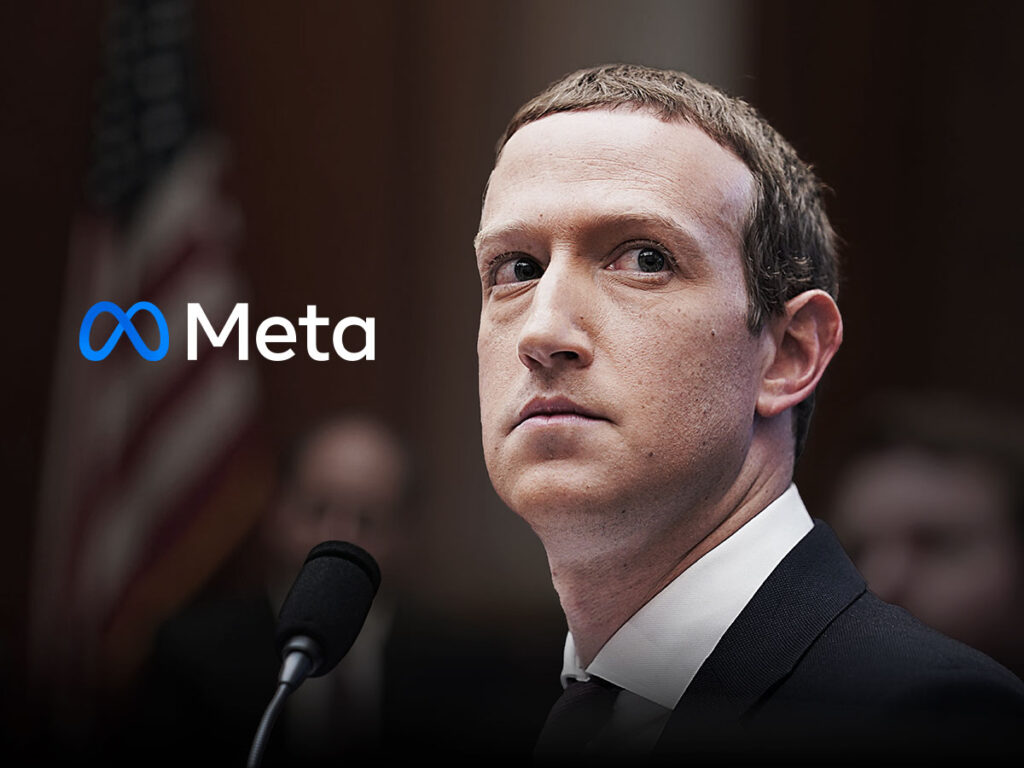
Mark Price – former managing director of Waitrose and now an author – is preparing to sue Meta. He claims that four of his books were unlawfully used to train artificial intelligence models, likely via the pirate library LibGen.
Based on a legal opinion, Price outlines two possible legal strategies:
- Examining whether the data was processed within the UK, which could open the door to action under British law,
- Assessing the degree of similarity between the generated content and the original texts could indicate copyright infringement.
He emphasizes that this is not just about his case but systemic practices that may affect thousands of authors worldwide.
Why Should This Matter to Writers in the UK and the US?
This is not the first time Meta – the owner of Facebook and Instagram – has been accused of illegally using copyrighted content to develop its AI. We previously covered this in our article AI Feeds on Pirated Books, analyzing the use of LibGen datasets in model training.
Despite common assumptions, this problem does not affect only English-language authors. AI systems like LLaMA are often trained on pirated collections that include various languages and genres. Thanks to The Atlantic’s work, we know the training datasets included works by Nobel laureates and bestselling authors worldwide.
Books by popular authors from the UK and US – such as Margaret Atwood, Stephen King, and Colleen Hoover – have been confirmed to appear in the training data of models released by major AI companies.
What Legal Options Are Available to Anglo-American Authors?
The most high-profile lawsuits are in the U.S., France, and Northern Ireland. However, authors from the UK, US, and other English-speaking markets can theoretically join collective legal actions if their books were found in repositories such as LibGen. Price encourages all authors who suspect their work may have been misused to reach out.
In addition, the UK Parliament is currently debating the Data (Use and Access) Bill, which may pave the way for greater transparency in using copyrighted works in AI training. Similar legislative discussions are underway in the US, where authors’ associations actively lobby for legal safeguards.
What Can You Do as a Publisher or Author?
If you’re an author, translator, or publisher and want to check whether your books may have been used similarly:
- Check whether your publications are available through LibGen or similar pirate libraries,
- Follow developments in Mark Price’s case – he has invited interested parties to contact his legal team (email: lordmarkprice@workl.com),
- If you manage a larger publishing catalogue – consider conducting a digital audit to track unauthorized distribution of your titles,
- Support advocacy efforts for legislative change in the UK, US, and EU that would offer stronger protection to authors in the age of AI.
No Consent and Disregard for Copyright
In a letter addressed to Mark Zuckerberg, Mark Price outlined the situation and opposed Meta’s actions. He stressed that using books – his and thousands of others – without the creators’ knowledge or consent for the commercial benefit of a private company is unacceptable.
Price also claims that, according to his sources, Zuckerberg personally instructed his team to use these materials in AI training. The letter was also sent to members of the British government, including the Prime Minister and ministers responsible for trade, business, and intellectual property.
The case is gaining momentum—around a hundred authors have joined Price’s legal team. The question is: Will other countries follow the UK’s lead? And will writers from the English-speaking world stand up to defend their rights?
Sources:
